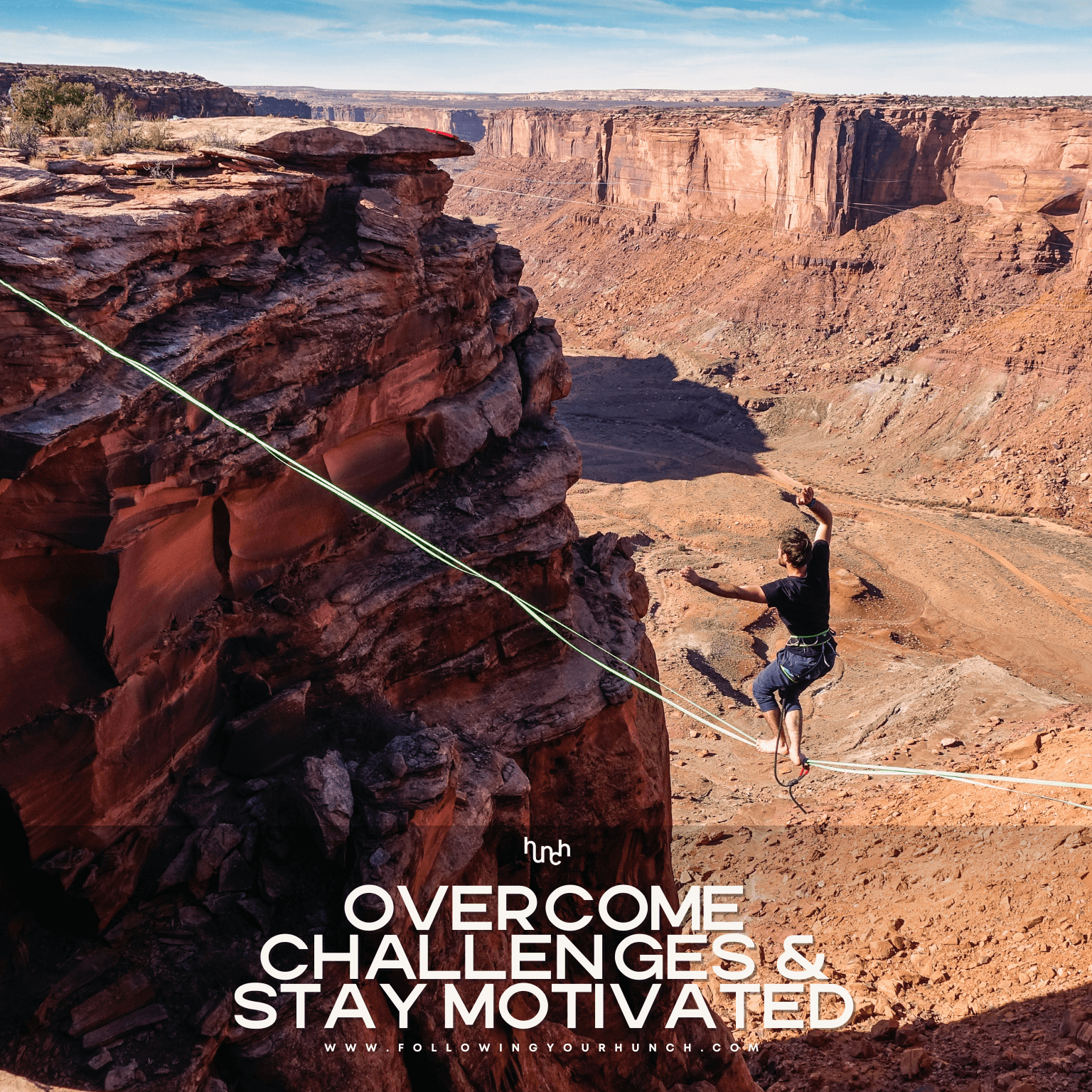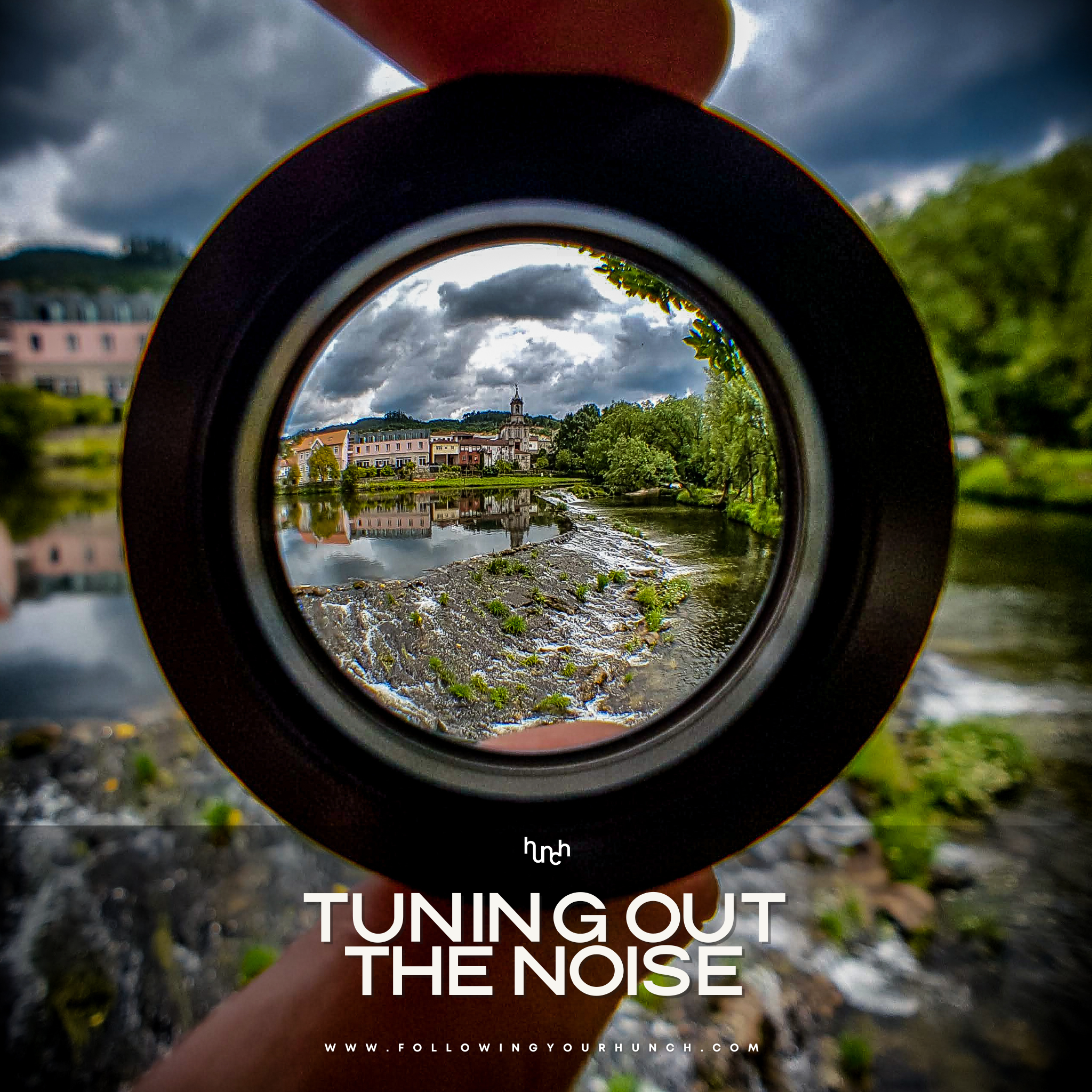Overcoming fear and self-doubt is a gradual learning process. Life is filled with twists, turns and uncertainty. At some point we all encounter new chapters that stir up fear and doubt about the road ahead. Old insecurities resurface, making steps forward feel precarious.
Self-doubt manifests in slippery ways. It whispers “What if you fail?” “You’re not ready yet.” “This was a mistake.” Such doubts can undermine us right when we most need courage on our journey.
I’ve certainly experienced those voices while navigating career changes, big moves, new ventures, and transitions in relationships. Any change, even positive, often requires leaving our comfort zone and relying on our inner compass. This feels profoundly unsafe to the primal parts of our brain wired for survival.
But just because fear and doubt are common does not mean we are powerless against them. With courage and intentionality, we can rise above limiting beliefs to manifest the destinies we desire.
In this comprehensive guide, we’ll break down the roots of fear and self-doubt, shift disempowering mindsets fueling them, and cultivate daily habits to build our courage. You’ll discover practices for embracing uncertainty to stay the course in overcoming fear and self-doubt on your journey.
The opportunities on the other side of fear await you. Keep moving forward.
Why Fear and Self-Doubt Hold Us Back
Before diving into strategies for moving through them, let’s examine how fear and self-doubt impede us:
They prevent action – Self-doubt breeds paralysis. We hesitate and ruminate rather than taking the needed leap.
They distort perception – Fear causes us to catastrophize and assume the worst outcome is inevitable.
They drain momentum – Battling negative thoughts is exhausting and zaps motivation for growth and overcoming fear and self-doubt on your journey.
They isolate us – The shame of fearing we’re “not enough” prevents us from voicing doubts and getting support.
They lead to unproductive rumination – Circular doubting goes nowhere productive.
They limit potential – Fear causes us to self-sabotage rather than strive audaciously for our biggest visions.
Simply recognizing these detrimental impacts begins to loosen their grip. Now let’s investigate their roots.
Examining the Roots of Fear and Self-Doubt
To transcend embedded fears and doubts, we need compassion and understanding of their origins, such as:
Past “failures” – Experiences where we fell short breed fear of trying again, fueling self-doubt.
Trauma imprints – Painful experiences imprint a sense of powerlessness that breeds pervasive fear and uncertainty.
Internalizing criticism – Judgment from authority figures shapes our inner critic that questions our abilities.
Perfectionism – Black and white thinking guarantees we’ll doubt ourselves as we inevitably fall short of impossible standards.
Fear of change – Even positive change can trigger fears if it means leaving our comfort zone and facing the unknown.
Underlying fear of unmet needs – Concerns that changing course will threaten our safety, esteem, or belonging leads us to stay small.
Lack of confidence – Not believing in our resilience and strengths underlies hesitation and uncertainty.
Illuminating their origins helps us detach from fear and self-doubt’s limiting stories. Now let’s shift to more empowering mental models.
Adopting an Empowered Mindset
Our mindset – the stories we tell ourselves – determines how we respond to triggers of fear and self-doubt. By changing our relationship with uncertainty, we can reframe fear as an opportunity for growth. Some empowering shifts include:
Reframing “failure” – See missteps as learning experiences, not proof of inadequacy. There are no dead ends, only feedback.
Focusing on growth – Ask “How can this make me wiser and stronger?” rather than “What if I can’t handle this?”
Remembering past courage – Recall times you demonstrated resilience. Let those memories fuel belief in yourself now.
Seeing fear as temporary – Remind yourself “This too shall pass.” Anxiety comes in waves, not permanent truth.
Avoiding catastrophization – Bring perspective by asking “Realistically, how likely is that worst case outcome?”
Changing negative self-talk – Replace harsh inner criticisms with the kindness and wisdom you’d offer a close friend.
Defining your own success – Clarify your authentic goals and standards. Don’t absorb others’ definitions.
Trusting your intuition – Listen to your inner voice over racing thoughts. It knows the way through.
Shifting from disempowering to empowering narratives takes repetition. Next let’s build courage through establishing helpful habits.
Establishing Courage Habits
Developing daily courage habits will help us meet bigger challenges with resilience, such as:
Doing something uncomfortable – Regularly push yourself incrementally outside your comfort zone. The zone will expand.
Speaking up assertively – Practice expressing your needs and boundaries. Say no, set limits, ask for what you want.
Stopping overpreparation – Challenge perfectionism. Move forward before you feel 100% ready. Tolerate uncertainty.
Acting opposite to fear – When scared, do it anyway (if safe). This builds the neural pathways that fear won’t destroy you.
Taking baby steps – Break big goals into small, unintimidating actions. Progress builds confidence.
Rewarding small acts of courage – Celebrate whatever daring you achieve each day. Acknowledge growth.
Visualizing success – Regularly imagine yourself confidently accomplishing goals. Imprint self-efficacy.
Learning embodied skills – Study martial arts, dance, yoga, etc. Physical courage transfers mentally.
With consistent training, our courage expands exponentially. Now let’s explore how community support can help us feel less alone in facing fear and self-doubt on our journey.
Seeking Community Support
Walking through doubts alone is the hard road. Find compatriots who understand the path, such as:
Support groups – Seek out groups focused on your specific doubts and insecurities. Shared struggles build bonds.
Mentors – Those further along who have overcome your challenges can expand what you believe is possible.
Vulnerable conversations – Verbalizing fears aloud diminishes their power. Choose friends who nurture confidence.
Professional support – Therapists provide tools to reframe unhelpful thinking patterns and develop self-trust.
Practicing vulnerability – Take appropriate risks to share your struggles and perceived flaws. The right people’s reassurance will surprise you.
Offering encouragement – When someone reveals their doubts, applaud their courage and accomplishments in return.
We all face fear and doubts. Sharing vulnerability allows others to do the same. Now let’s explore reframing the unknowns ahead as growth opportunities, not threats.
Turning Unknowns into Growth Opportunities
Rather than perceiving uncertainties and changes as dangers, reframe them as chances for growth. Some perspective shifts:
Get curious – Approach unknowns with beginner’s mind, asking “What could this teach me? How might this expand me?”
Embrace detours – When obstacles arise, see them as leading to unplanned wonders.
Focus on the journey – Forget rigid timelines. Enjoy the messy process of exploration and self-discovery.
Observe closely – Be present. Details that emerge during uncertainty become trailblazes forward.
Trust your resilience – Know you can handle any outcome, even if difficult. You’ll learn and grow.
Remember impermanence – This too shall pass. Uncertainty leads eventually to greater wisdom and strength.
The road ahead will contain both fear and excitement. Meet both with openness, making space for all that arises. Fully embracing each unknown step is how we grow. Keep moving forward.
Authentic Living Requires Ongoing Courage
Living authentically aligned with your truth necessitates continued courage in overcoming fear and self-doubt on your journey. You will be tested often. But your limits will expand. Remember:
Have compassion for yourself – When awareness of fear arises, respond with understanding, not criticism. Old patterns unravel slowly.
Stay curious – Maintain a beginner’s mind even once on your path. Keep asking “How can this help me expand?” There are always more levels.
Focus on progress – Don’t get attached to an idealized notion of “overcoming” fear. Incremental growth through practice is success.
The road ahead contains both trepidation and excitement. May you meet both with an open heart, making space for all that arises. By embracing each unknown step fully, you’ll look back with pride at your courage. Keep faith in yourself and always remember you are overcoming fear and self-doubt by making it to the end of this journal entry. If you are new learn more about who we are here!





